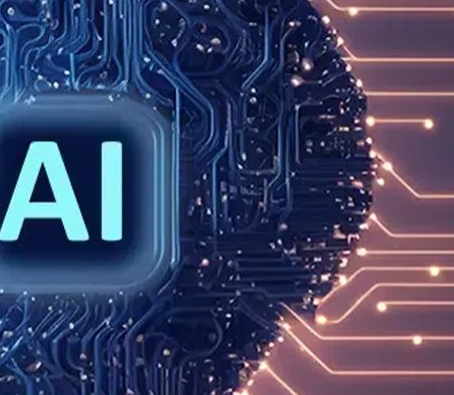
While computer science and data science may seem similar at first glance, they are distinct fields with different focuses and skill sets. Understanding these differences is crucial for anyone considering a career in tech, as each field has its own unique opportunities, training requirements, and career paths. In this blog, we’ll explore the fundamentals of computer science and data science, helping you decide which path best suits your career goals.
What is Computer Science?
At its core, computer science is the study of computers and computational systems. This includes not only hardware and software development but also the theoretical aspects like algorithms and computational theory. Essentially, computer science focuses on creating the systems and applications that enable computers to function and process information.
The field has evolved considerably over the years, encompassing areas such as software engineering, cybersecurity, machine learning, and artificial intelligence. The study of computer science is broad and can be applied across various industries, from tech companies to healthcare and finance.
Education and Skills for Computer Science
To pursue a career in computer science, a strong foundation in mathematics, programming languages, and algorithms is essential. Most professionals enter the field with a computer science degree, typically at the bachelor’s level, though many advance their careers with a master’s degree. A master’s program in computer science provides deeper knowledge and specialized skills, which are often needed for more complex roles such as software development, research, and management.
Common tools and languages used in computer science include:
- Integrated Development Environments (IDEs)
- Programming languages like Python, Java, and C++
- GitHub for version control
- Cloud computing platforms like Microsoft Azure
With a master’s degree in computer science, individuals can access higher-level positions such as:
- Software Developer
- Computer and Information Research Scientist
- Information Security Analyst
- IT Director
- AI Scientist
Career Outlook
The demand for computer science professionals is growing rapidly, with a projected 21% increase in employment for computer and information research scientists from 2021 to 2031. The salaries for those with a master’s degree in computer science are significantly higher compared to those with just a bachelor’s degree, with a typical increase of $30,000 annually.
What is Data Science?
Data science, on the other hand, focuses on analyzing and interpreting vast amounts of data to extract meaningful insights that drive business decisions. It blends expertise from computer science, statistics, mathematics, and domain knowledge to work with large datasets, using machine learning algorithms and statistical models to make predictions and uncover hidden patterns.
Data science has a broader scope when it comes to industry applications. It’s used across a variety of sectors, including healthcare, finance, marketing, and telecommunications, to derive actionable insights from data.
Education and Skills for Data Science
Like computer science, a strong educational background is necessary for a career in data science. Many data scientists hold bachelor’s degrees in fields like statistics, computer science, or business analytics, but a master’s degree is often required for more advanced roles. A master’s in data science can provide a competitive edge by offering specialized knowledge in areas like machine learning, data visualization, and predictive analytics.
Key skills that employers look for in data scientists include:
- Machine learning and deep learning
- Data visualization tools like Tableau or Power BI
- Programming languages such as Python, R, and SQL
- Statistical methods and data analysis
- Data preprocessing and feature engineering
Career Opportunities in Data Science
The demand for data scientists is booming, with job growth projected to increase by 36% between 2021 and 2031. Roles in data science often offer lucrative salaries, with an average salary of around $137,854 annually. Job titles in data science include:
- Data Scientist
- Data Engineer
- Machine Learning Engineer
- Analytics Manager
- Database Administrator
Data scientists work on tasks like data mining, machine learning, and business intelligence, applying their skills to solve complex problems in almost every industry.
Key Differences Between Computer Science and Data Science
While both fields overlap in areas like programming and algorithms, there are distinct differences in their focus and scope:
- Scope and Focus: Computer science is more focused on building systems and solving computational problems, while data science is centered on using data to inform decisions and predictions.
- Skill Sets: Computer scientists typically focus on the technical aspects of software, hardware, and algorithms, whereas data scientists combine technical knowledge with expertise in statistics, data analysis, and machine learning to interpret data.
- Career Paths: Computer science offers career paths in areas like software development, cybersecurity, and system architecture, while data science leads to roles in data analysis, business intelligence, and machine learning.
Conclusion
Both computer science and data science offer exciting career prospects, but the right path for you depends on your interests and skills. If you enjoy solving technical problems, building systems, and working with software, computer science might be the ideal fit. If you’re more interested in working with data, making sense of trends, and helping organizations make informed decisions, data science could be the perfect choice.
Ultimately, both fields are in high demand, with ample opportunities for career growth and development. By considering your strengths and interests, you can make an informed decision about which path will best suit your future career.












